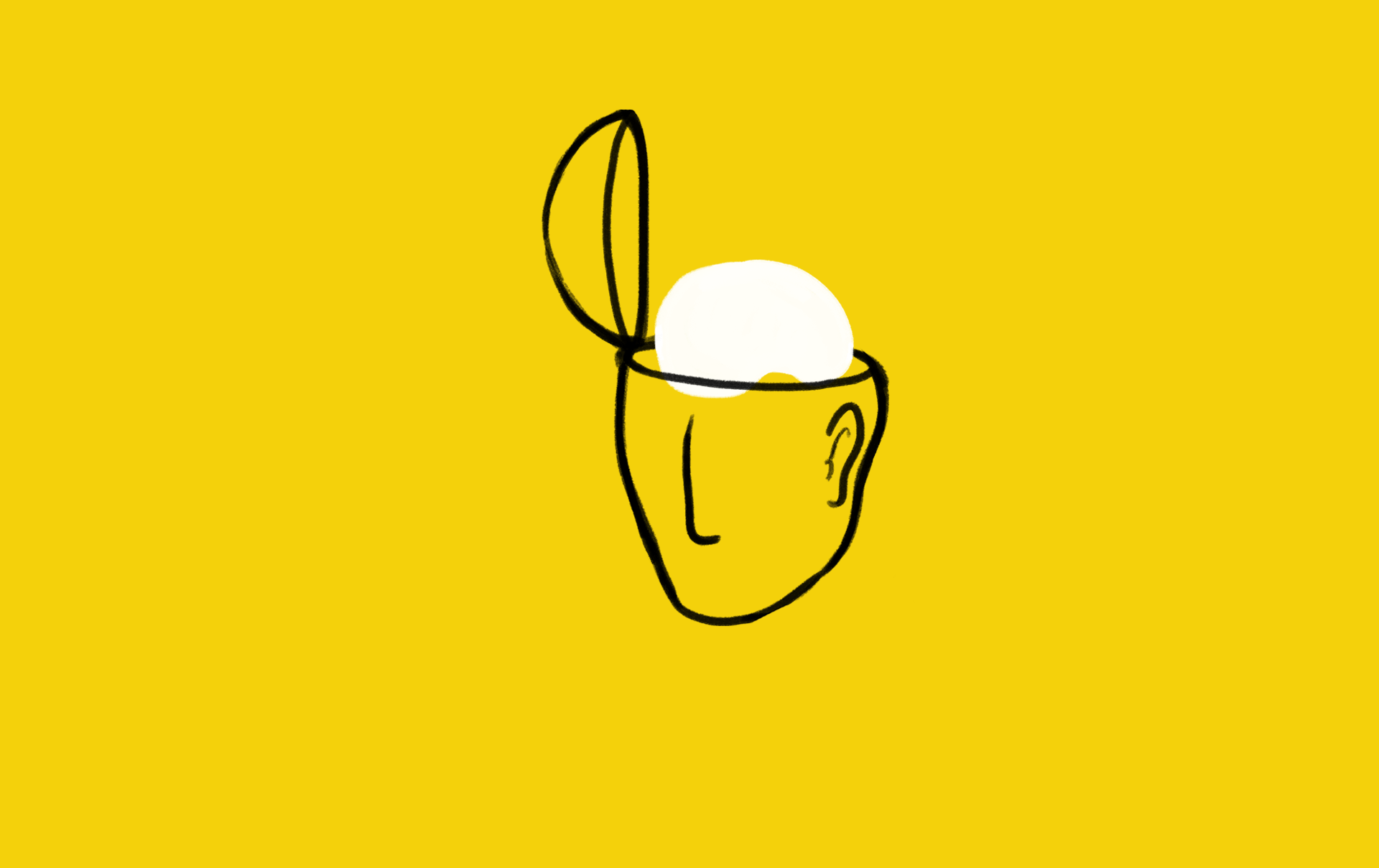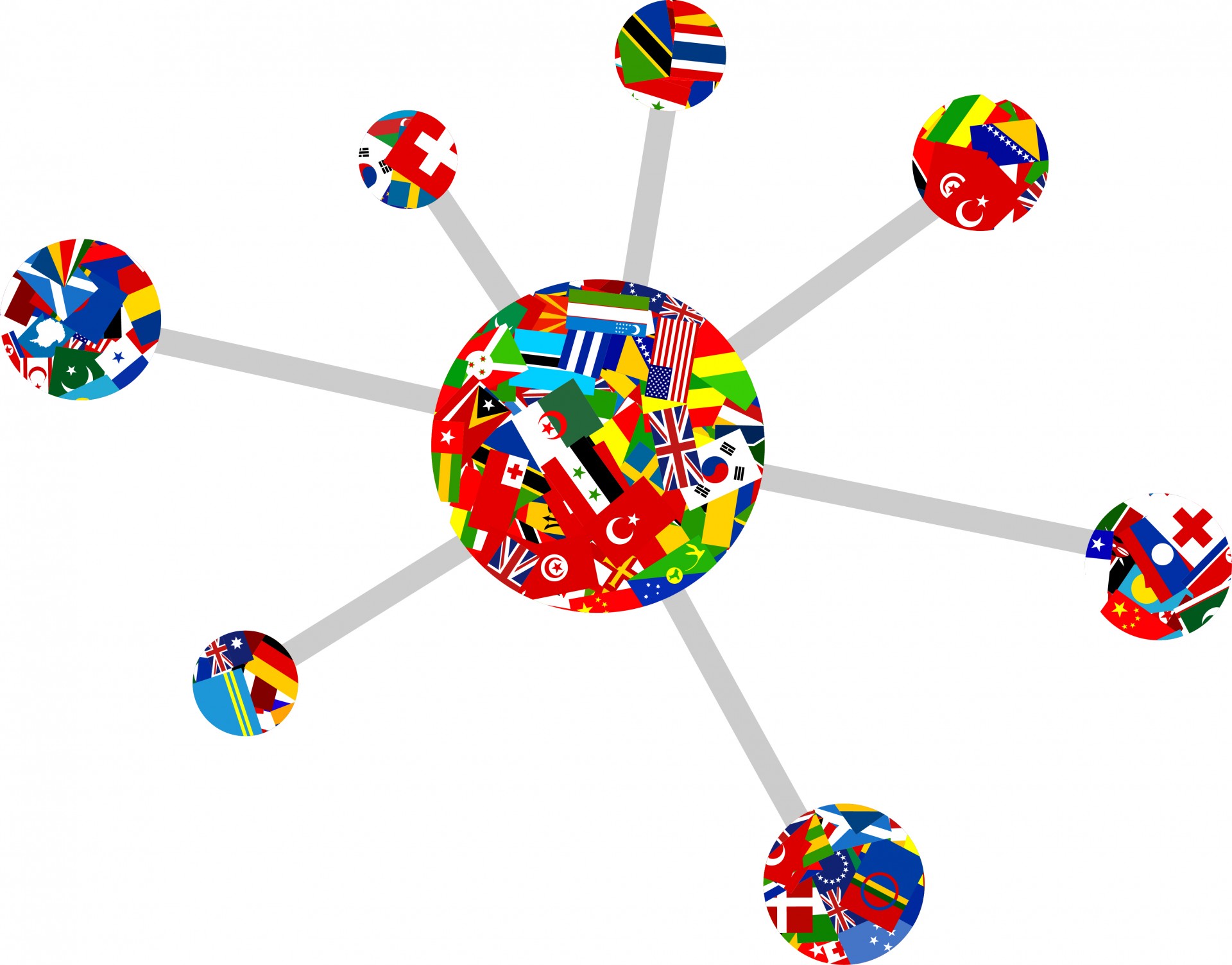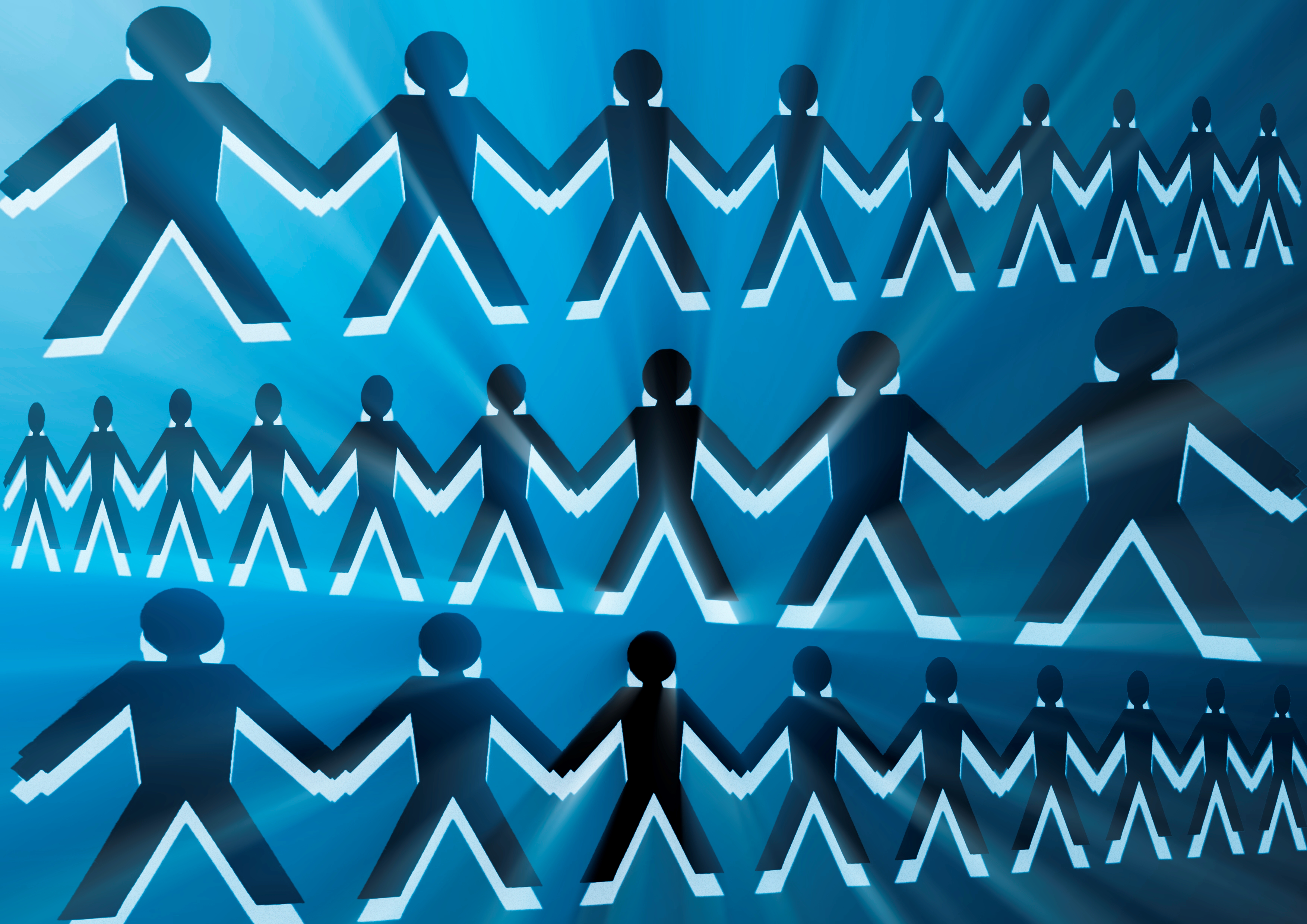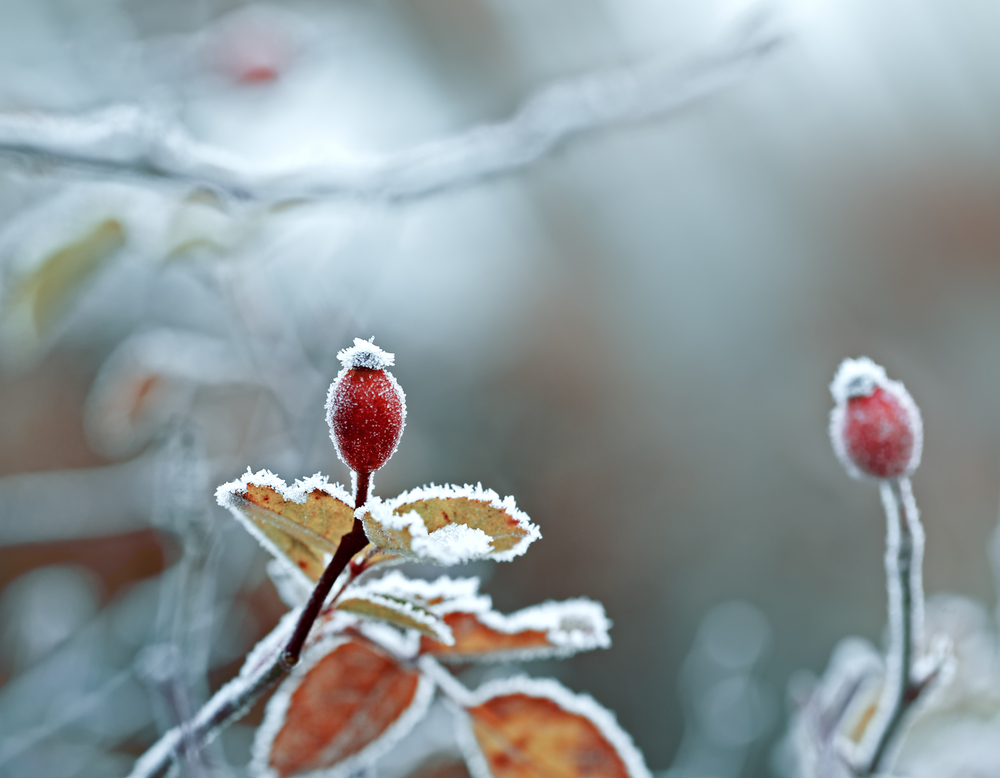Welcome, readers, to August’s issue of Synchronized Chaos Magazine!
We have an announcement from Tabitha Grace Challis, the writing and media professional who designed our original website back in 2008. She and her husband are in the process of adopting a child from Eastern Europe. This past summer, they hosted a teenage boy “K” who they fell immediately in love with. The opportunities for K in his home country are very slim and most orphans have little or no chance to build a life after they’re released from the orphanage at 16. Since there are a lot of costs involved with international adoption the family is fundraising to support this new phase in all three of their lives! People are able to contribute here.
This month we open the hood and watch narratives in progress, put together by a variety of storytellers.
Some contributors reveal the subconscious through their pieces. Ken Dronsfield writes of memories and dreamtime, with poems that share vignettes and impressions from childhood. Mark Young joins together words and phrases from mathematics, culture and technology, allowing them to flow in streams that seem to connect on a pre-cognitive level. Amlanjyoti Goswami’s new poetry collection River Wedding, reviewed here by Cristina Deptula, incorporates literal streams and rivers as a motif and a metaphor for the movement of characters through both time and space.
No matter how far they migrate from each other, for educational or personal reasons, Goswami’s characters retain their familial tenderness and caring. This reminds us that what we see in life, the narrative we choose to create, depends as much on who we are and who we choose to be as it does on the world around us.
Some contributors demonstrate the power of our words, and our priorities, to shape our understanding and our actions.
Denis Emorine’s novel Death at Half-Mast, also reviewed by Cristina Deptula, presents a professor protagonist who exists in the uneasy middle between personal identities. He reaches a crisis point when he must make a choice that has huge consequences, not just for himself but for those around him.
Henry Bladon points out the potential long-lasting negative psychological effects of words shaming and dehumanizing someone who unfortunately happens to share my first name. Sylvia Ofoha shows how deception destroys intimate relationships, even when love is present, and Chimezie Ihekuna argues that financial security should not be the only criteria for marriage.
In a more positive light, Norman J. Olson illuminates how his personal interest in oil painting leads him to notice the craft that has gone into the works he sees at museums abroad and makes those experiences all the more enlightening. Michael Brownstein’s travel pieces also reflect some prior knowledge of the diverse locales he visits, as he can identify the local flora and fauna.
Jaylan Salah writes about film director Ibrahim Fakhr, highlighting his role in crafting characters, and archetypes, over time.
Several contributors explore the creation of cultural and political narratives, and what happens when these clash.
Sometimes that happens when diverse groups of people come into contact with each other. Patricia Doyne contributes poems about refugees on the US southern border that explore how different framings of the issue affect how those people are viewed and treated. Geoffrey Heptonstall uses an incident of theft to probe issues related to survival, tourism, human rights, and law in a world with large wealth disparities. Judge Santiago Burdon probes a dilemma minorities can face once they gain greater social and cultural acceptance: what to do with a dominant cultural narrative that defines you in terms of your marginalization and struggles rather than letting you define yourself as a full and complete human being.
Other writers present work that reflects and conveys their worldview as well as their poetic sensibility. Pesach Rotem writes of groups of people coming together to take mass action, celebrating direct democracy. While each person may be mortal, groups can make lasting changes. Judge Santiago Burdon gives a ground-level perspective on rioting as a method of bringing attention to marginalization and injustice decades ago in Chicago, and on the plight of individual people caught up in the situation.
Daniel DeCulla uses earthy humor and the language of faith to refocus the attention concerning environmental sustainability issues while celebrating nature’s less traditionally aesthetic aspects.
While less openly political, J.J. Campbell points out the disparities that we sometimes see between cultural messages and promises and reality. Just because people say that the world will work a certain way, even when many powerful people affirm it, that does not mean that reality will follow suit.
Three separate authors rework early Old Testament Biblical narratives to make new points. Christopher Bernard draws upon the language of Genesis to illustrate a potential re-creation, a path forward for humanity away from destruction and towards cooperation. Dipe Jolaade rewrites the creation story to critique humanity’s weaknesses, while Doug Hawley adds to the ‘historical record’ in academic style to suggest that the paths our ancestors followed may not be our only option as a species.
Allison Grayhurst graces us with an epic faith-inspired journey of surrender, growth made possible by releasing the self and the past.
Our lives, as most narratives, contain a mixture of joy and loss, growth and despair, beauty and tragedy.
Indunil Madhusankha’s selected poems reverberate with the energy of kittens and puppies, yet in the next breath bring the tragedies of lost love and deaths due to terrorist and military violence. The official narratives of why the loss of life was worth it, whether from the government or the terrorist organization, bring scarce comfort to the grieving families. As in J.J. Campbell’s pieces, cultural messages don’t always trickle down to people’s personal lives.
Michael Robinson mourns the loss of his mother in a set of tightly crafted, elegiac vignettes. Mahbub celebrates the inspiration and renewal that he finds in nature, and grieves the urbanization of the landscapes he loves. KC Fontaine celebrates new birth with a photo of baby hummingbirds in a nest out his window.
We hope that the sight of them, along with other glimpses of hope, will inspire you to read through and savor this issue.





